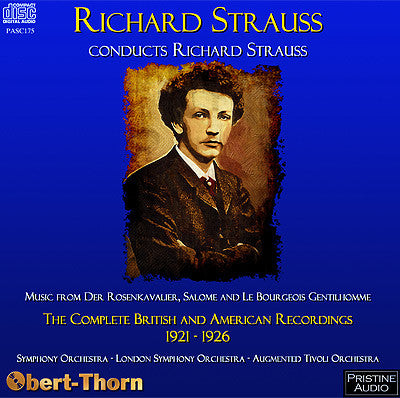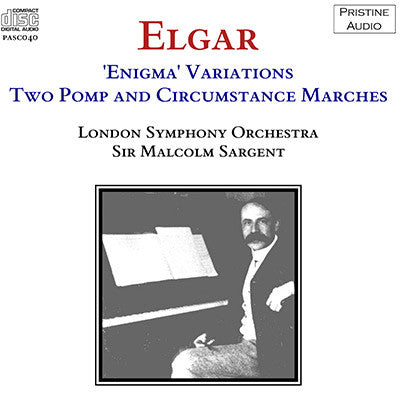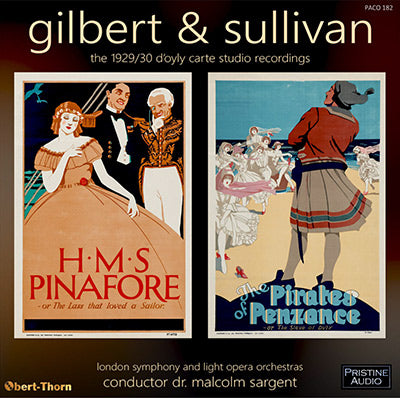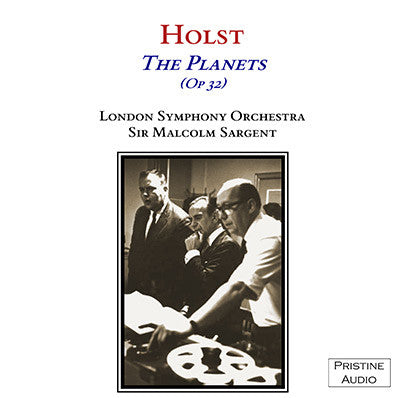London Symphony Orchestra
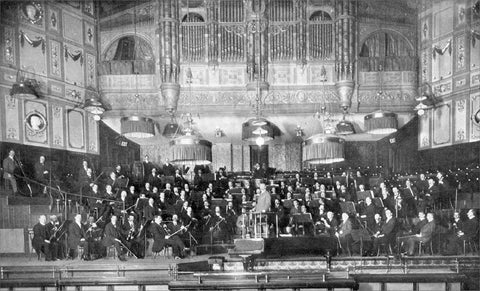
The LSO underwent periods of eclipse in the 1930s and 1950s when it was regarded as inferior in quality to new London orchestras, to which it lost players and bookings: the BBC Symphony Orchestra and the London Philharmonic in the 1930s and the Philharmonia and Royal Philharmonic after the Second World War. The profit-sharing principle was abandoned in the post-war era as a condition of receiving public subsidy for the first time. In the 1950s the orchestra debated whether to concentrate on film work at the expense of symphony concerts; many senior players left when the majority of players rejected the idea. By the 1960s the LSO had recovered its leading position, which it has retained subsequently. In 1966, to perform alongside it in choral works, the orchestra established the LSO Chorus, originally a mix of professional and amateur singers, later a wholly amateur ensemble.
As a self-governing body, the orchestra selects the conductors with whom it works. At some stages in its history, it has dispensed with a principal conductor and worked only with guests. Among conductors with whom it is most associated are, in its early days, Hans Richter, Sir Edward Elgar, and Sir Thomas Beecham, and in more recent decades Pierre Monteux, André Previn, Claudio Abbado, Sir Colin Davis, and Valery Gergiev.
Since 1982, the LSO has been based in the Barbican Centre in the City of London. Among its programmes there have been large-scale festivals celebrating composers as diverse as Berlioz, Mahler and Bernstein. The LSO claims to be the world's most recorded orchestra; it has made gramophone recordings since 1912 and has played on more than 200 soundtrack recordings for the cinema, of which the best known include the Star Wars series.

London Symphony Orchestra
R STRAUSS The Complete British & American Recordings, 1922-26
Total duration: 72:38
Symphony Orchestra
London Symphony Orchestra
Augmented Tivoli Orchestra
conducted by Richard Strauss
ELGAR "Enigma" Variations
ELGAR Pomp and Circumstance Marches 1 & 4
Recorded in 1953
Duration: 43:10
London Symphony Orchestra
Conductor: Sir Malcolm Sargent
GILBERT & SULLIVAN HMS Pinafore
GILBERT & SULLIVAN The Pirates of Penzance
Studio recordings, 1929 & 1930
Total duration: 2hr 30:57
Cast and Chorus
London Symphony & Light Opera Orchestras
conducted by Dr. Malcolm Sargent
HOLST The Planets
Recorded in 1954
Duration 47:12
London Symphony Orchestra
conducted by Sir Malcolm Sargent
BEETHOVEN Piano Concerto No. 5, "Emperor"
Recorded 1932
Duration: 36:14
Artur Schnabel, piano
London Symphony Orchestra
conducted by Malcolm Sargent
BEETHOVEN Piano Concerto No. 1
BEETHOVEN Piano Concerto No. 2
Recorded 1932 & 1935
Total duration: 66:12
London Symphony Orchestra
London Philharmonic Orchestra
conducted by Malcolm Sargent

